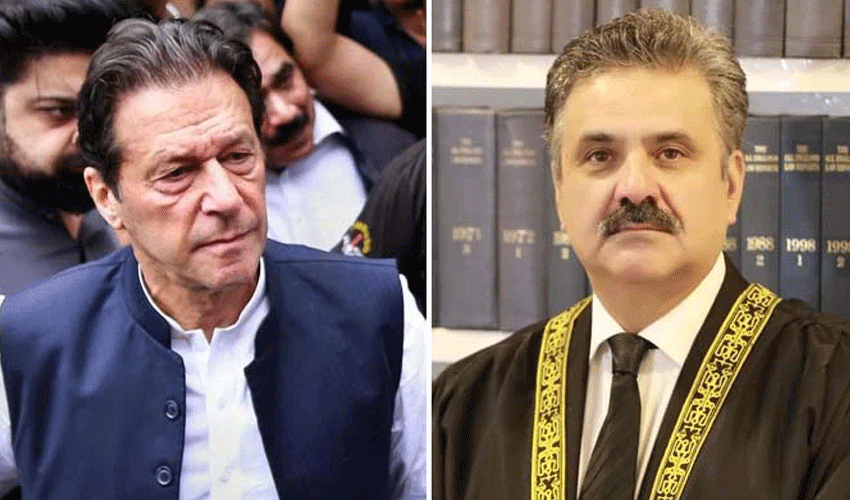Human Rights Abuses
ISLAMABAD: In a significant move aimed at drawing judicial attention to what he terms as serious breaches of constitutional rights, Pakistan Tehreek-e-Insaf (PTI) founder Imran Khan has penned a detailed letter to Chief Justice of Pakistan (CJP) Yahya Afridi.
The letter, also addressed to Acting Chief Justice Mansoor Ali Shah, highlights alleged violations of the Constitution and fundamental rights, according to a report.
The letter was delivered directly to the chamber of the Chief Justice by senior PTI leader and legal counsel, Salman Akram Raja. Imran Khan’s appeal comes amid escalating concerns over judicial transparency, restricted access to legal representation, and growing constraints on political dissent in the country.
Speaking outside the Islamabad High Court, Imran Khan’s sister, Aleema Khan, expressed frustration over the continuous denial of family visits. “I haven’t been able to see my brother for five months,” she stated.
Aleema emphasized that the primary reason behind seeking a meeting with the Chief Justice was to restore the sanctity and authority of the judiciary, which, she noted, has historically been powerful enough that even a magistrate could hold individuals accountable for contempt of court.
In addition to addressing personal grievances, Aleema also used the occasion to advocate for the digitization of Pakistan’s court systems. She stressed that modernizing judicial operations would not only enhance efficiency but also bring greater transparency to court proceedings—something PTI has long demanded in the face of increasing legal and political hurdles.
The development follows a disconcerting incident in which Imran Khan’s family members and legal team were blocked from visiting him and his wife, Bushra Bibi, at Adiala Jail on their officially scheduled visitation day.
Despite having the necessary permissions, Aleema Khan and other relatives were stopped at police checkpoints near Gorakhpur and Dahgal.
Bushra Bibi’s focal person, Mubashir Maqsood Awan, her sister-in-law Mehr-un-Nisa, and Barrister Rae Salman Kharl arrived at the jail to visit her, but the family’s efforts were thwarted by law enforcement authorities.
Similarly, PTI lawyers Chaudhry Zaheer Abbas, Usman Gul, and Secretary General Salman Akram Raja were prevented from crossing the Dahgal checkpoint. Legal advocates Sameer Khosa and Tabish Farooq faced a similar obstruction at Gorakhpur.
The repeated denial of access to legal and familial support has raised serious questions about the treatment of political detainees in Pakistan and has further intensified calls for judicial intervention and reforms.










